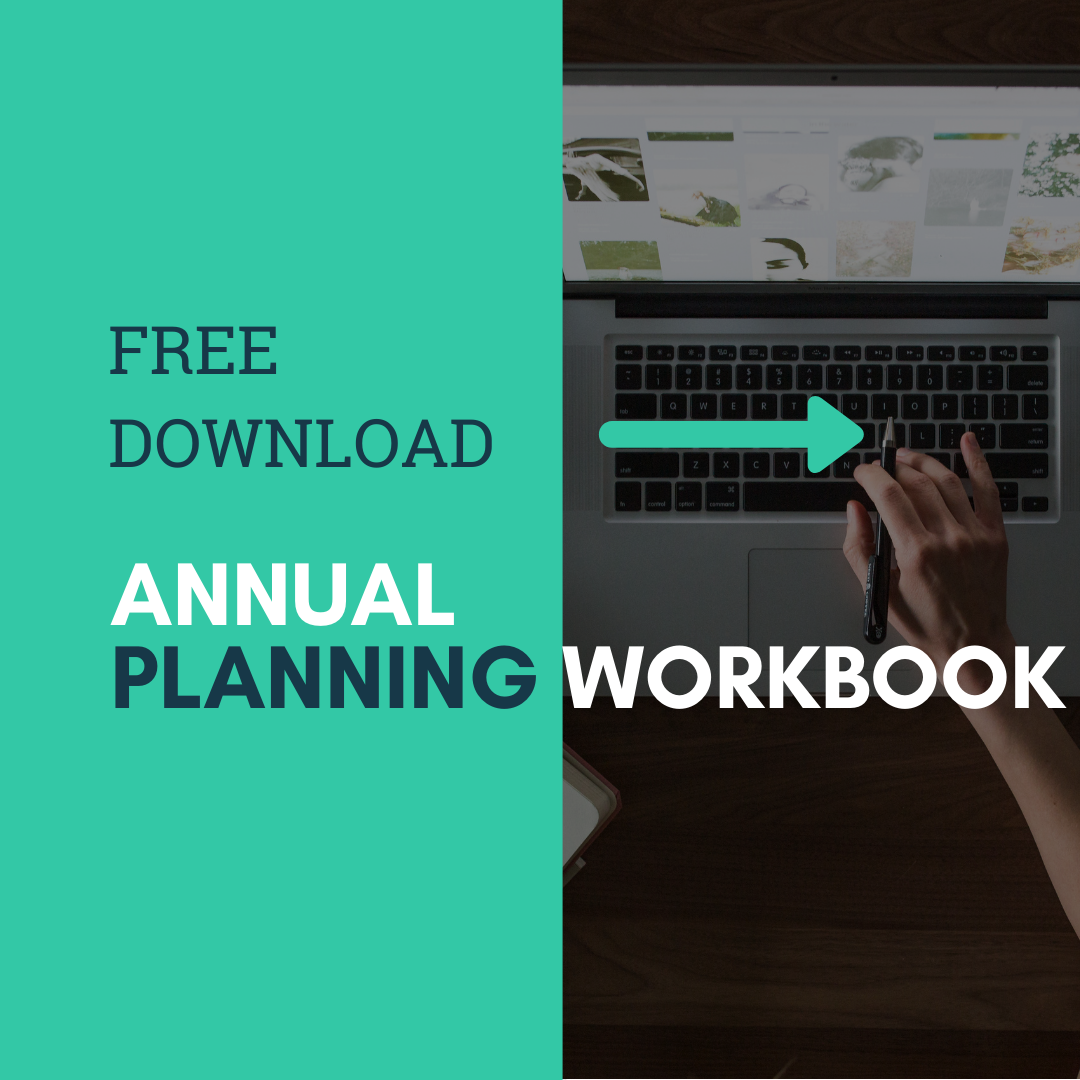The Problem with Calling People ‘Resilient’
“You’re so resilient.” It sounds like a compliment—but is it?
During the February Facilitator Forum, we explored the question: How is resilience a compliment? Through this dialogue, one thing became abundantly clear: many of the compliments we receive about resilience can also be seen as backhanded depending on the relationship and context in which they are given.
When I hear “You’re resilient,” it’s rarely from someone who deeply knows me, loves me, or understands my journey. Resilience often comes as an external observation, a way for others to process their perception of my positionality in the world rather than acknowledging my actual lived experience. Shoot, it feels a bit voyeuristic in the trauma porn kind of way.
True personhood isn’t just about how we show up on a given day—it’s about our history, experiences, and journey. So when someone calls me resilient, I wonder:
- Do they actually know what I’ve endured to ‘earn’ that label?
- Or are they simply praising my ability to survive without questioning the systems that forced survival to be necessary in the first place?
Because if we’re not acknowledging the root causes of struggle, then praising resilience is nothing more than giving awards for survival while ignoring the systems that create harm. I don’t want an award for resilience, I want a struggle-free existence. This is not unlike the many Black, LGBTQ and women who were awarded CDO titles in 2020 and 2021 who subsequently lost those titles, roles and support to create systemic change only a few years later.
Resilience Should Not Be an Expectation—It Should Be a Choice
Let’s be honest: for many people in this country (USA) and around the world, resilience isn’t something they choose—it’s something they are forced into as a mechanism of survival. And how often do we praise people for their survival mechanisms?
“You’re an amazing workaholic”
“The way you suppress your emotions is truly admirable.”
“I wish I could be as paranoid about being sabotaged as you.”
Sounds off doesn’t it?
But that’s the thing.
Resilience isn’t something we are. It’s something we do in response to our environment.
Toxic workplaces and toxic leadership rely on resilient employees instead of creating environments where resilience is not the necessary defense mechanism required for survival. And that’s where the real issue lies.
Resilience in the workplace isn’t about character—it’s about survival. It’s how employees defend themselves against harm, burnout, and toxic work environments. And instead of fixing those environments, organizations reward people for enduring them. And if that continues, systems have no incentive to actually change. We all just become complicit in making dysfunction function. This is the primary contradiction we confront in our Healthy Workplaces workshop.
Don’t force people to conform to toxic workplaces . . . heal the workplace instead.
How the Workplace Weaponizes Resilience
When resilience is framed as a personal virtue, it creates a false dichotomy:
-
- Either you’re resilient (good) or you’re struggling (bad).
- Either you push through or you fail.
- You either endure this or become obsolete
We need a third option. And likely a fourth and fifth as well.
Examples of Workplace Resilience Gaslighting:
You experience overwork & burnout → you hear: “You’re such a team player!”
You experience discrimination & microaggressions → you hear: “You handle things with such grace. You’re so eloquent, patient, and compassionate.”
You experience lack of structural support → you hear: “Wow, you always find a way to make it work. Look at how agile you are!”
The underlying message in these statements?
???? Keep surviving. Keep enduring. Thanks for navigating these landmines, so that we don’t have to stop laying them out.
Barrier Behaviors That Keep Teams in Survival Mode
In From Barriers to Bridges, I introduce six toxic leadership personas that reinforce these dynamics. Two relevant ones are:
- The Hustler: Someone who relentlessly overworks as a way to prove their worth and gain acceptance in toxic environments.
- The Controller: Someone who micromanages and hoards power, making others feel powerless in their own work in an attempt to regain some sense of personal autonomy.
These aren’t badges of honor—they are defense mechanisms against workplaces that weren’t built to support human thriving.
The Cost of Resilient Workplaces
So what happens when resilience is the expectation?
- People become exhausted, disengaged, and disillusioned.
- Marginalized employees—especially women and people of color—are disproportionately expected to ‘push through.’
- Leaders mistake endurance for job satisfaction and fail to recognize systemic issues.
I recently facilitated a training where employees voiced deep dissatisfaction with their workplace culture. But despite hearing this feedback, leadership ignored most of it and then made changes too slowly to matter. One employee said something that stuck with me:
“I’ve worked at a lot of places, and it’s the same everywhere. Isn’t that just the way it is?”
How devastating is it that so many people have come to expect nothing better?
When endurance becomes the norm, people stop believing in the possibility of change. What would happen if leaders intentionally stopped exhausting their colleagues and reports?
An Example of Harmful Resilience Culture
I once worked in an organization, where the company President was praised for checking emails just hours after giving birth.
This was framed as dedication. Work ethic. A relentless pursuit of excellence.
But is this really what we mean when we talk about being a hard worker?
Or is it just another way we treat people like productivity machines instead of whole human beings with real needs?
If we normalize this kind of expectation, we are playing with fire.
Vindictive Joy: A Remedy to Toxic Resilience Culture
Shout out to fellow facilitator Emily Nybo who introduced me to the concept of Vindictive Joy. What is Vindictive Joy?
It’s a form of resistance where people reclaim their right to thrive instead of just surviving.
In the workplace, this means:
Rejecting hustle culture and exhaustion as badges of honor.
Recognizing that someone’s ‘resilience’ might actually be a red flag.
Centering psychological safety, rest, and equity as leadership priorities.
When leaders embody Vindictive Joy, they stop glorifying suffering and start dismantling toxic leadership habits. They begin shifting toward decolonized workplace models that honor the well-being of the people they serve. Feels like the entire rest movement is built on this concept.
Call to Action: The Future of Leadership Must Be Rooted in Liberation, Not Endurance
I challenge you to reflect on this:
Have you ever called someone resilient?
Who in your life do you consider to be the most resilient?
And how have you challenged the systems that made their resilience necessary?
Here are three ways to start breaking the cycle:
1️. Assess Your Own Leadership Behaviors
Take the Bridges and Barrier Behaviors Assessment to evaluate how you show up in leadership.
2️. Shift Workplace Culture
Start by acknowledging unrecognized labor, honoring personal boundaries, and challenging toxic expectations.
3. Reframe Resilience as a Choice, Not an Obligation
What opens up when resilience is optional instead of the only way to survive?
Leadership Shouldn’t Require People to Be Resilient—It Should Make Resilience Unnecessary.
Want to Learn More?
If you’re ready to take action and stop forcing people to “push through” oppressive work cultures, check out my ebook:
✨ From Barriers to Bridges: A Decolonized Leadership Guide for Healthy Workplace Culture
Let’s build workplaces where people don’t have to survive — because they are free to exist without struggle.










This article powerfully critiques how resilience is misused to ignore systemic workplace issues. Its a needed wake-up call for leaders to fix toxic environments, not just praise victims for enduring them.
Thank you sped stars for this reflection. As leaders lean into creative healthier work environments acknnowledgement of harm is only the beginning of the repair work. I hope you are able to share this notion with other leaders in your community.